Foods That Should Not Be Stored In The Refrigerator
It may be second nature to stash just about anything in the fridge, but some foods should never be stored in the refrigerator. Properly stored foods will help reduce food waste and save money.
We love our fridge. We love it so much that we are constantly throwing leftover food and fresh groceries into it. There are many items we bring home from the grocery store and put away inside our refrigerators.
But some ingredients are simply not made for colder temperatures. But did you know that some foods are never supposed to be placed in the refrigerator? For some foods, it might be the best storage place, but for others, it might be the worst.
According to the USDA (U.S. Department of Agriculture), “To be shelf stable, perishable food must be treated by heat and/or dried to destroy food-borne microorganisms that can cause illness or spoil food. Food can be packaged in sterile, airtight containers. All foods eventually spoil if not preserved.”
Never Put These Foods in the Fridge
Chocolate
Lots of people like their chocolate bars cold, and while it’s fine to pop them in the refrigerator for an hour or so before you eat them, chocolate is not meant to be stored in the refrigerator.
Storing chocolate in the refrigerator can cause it to taste grainy and less flavorful, so it’s best to keep it in the pantry rather than the fridge. Chocolate will last in the pantry for 6 months to a year.
Whole Melons
Whole melons such as watermelons, cantaloupes, and honeydews should not be stored in the refrigerator.
Storing hole melons in the refrigerator can reduce the number of antioxidants that they contain by as much as half. There have been studies done, which show cool air stunts the antioxidant growth that occurs after harvest.
However, it is perfectly acceptable to store melons in the refrigerator once they have been sliced into wedges or cubes. Whole melons will last on the counter until ripe – tender, fully developed, and ready to eat.
Potatoes
Potatoes are a favorite in many households. It is a good household staple. Potatoes of any variety should not be stored inside the refrigerator.
The cold air inside of the refrigerator turns potato starch into sugar. This will leave your potatoes with a gritty texture and a sweet flavor. Potatoes should be stored in a cool, not cold, dark area, away from your onions.
Store them in a paper bag in the cool pantry. Keeping away from sunlight. Sunlight can cause chlorophyll to accumulate, turning potatoes green and sometimes bitter. Onions and potatoes should not be stored next to each other because onions emit a gas that causes potatoes to spoil more quickly.
This leads us to our next food that should not be stored in the fridge. Whole potatoes will last two to three months when stored in a cool, dry place.
Onions
Whole onions are best stored in a cool, dark, dry, and well-ventilated room, whole peeled, sliced, cut, cooked, and pickled onions can be refrigerated. Once opened (sliced or cut), they are best kept in the refrigerator, which will help them last longer.
Whole, raw onions will last up to two months when stored in a cool, dry place.
Stone fruits
Stone fruits (those with a pit) like peaches, plums, nectarines, and apricots should not be stored inside your refrigerator. Storing them in those colder temperatures can cause them to over-ripen very quickly.
Stone fruits will last until ripe, tender, fully developed, and ready to eat, then 1-2 days.
Hot Sauce
Store-bought hot sauce is one condiment that should not be stored inside your refrigerator. There is plenty of vinegar and preservatives in the bottle to keep it fresh and spicy right on your counter or in your pantry.
Storing hot sauce in the refrigerator can tone down the flavor and spiciness of your hot sauce. Hot sauce will last up to two years in the pantry. Unopened hot sauce can last up to five years.
Bell Peppers
Bell peppers should be stored on your counter and not inside your refrigerator. Storing them inside the refrigerator will cause them to lose their crunch, leaving you with mushy peppers.
Bell peppers can be stored inside the refrigerator once they have been cut. Bell peppers will last up to a week when left on the counter.
Coffee
Coffee beans will deteriorate more quickly in your refrigerator as a result of the condensation and temperature fluctuations when you open and close the doors. If you want your coffee beans to keep their freshness and bold flavor longer, store them in a dark airtight container in your pantry.
Coffee will last one year unopened, and one to two weeks opened in the pantry. Instant coffee one year unopened, two to three months opened.
Basil
Basil is an herb that should be treated like fresh flowers placed on your counter instead of stuffing it in your refrigerator.
It will turn black from the cold temperatures in the fridge, and that is just not very appetizing. Store fresh basil in a glass of water on your kitchen counter instead. Fresh basil will last in water on the counter for one to two weeks.
Tomatoes
Tomatoes are another food that is best left to sit on the counter instead of placing them in the fridge.
The cool temperatures of the refrigerator will leave your tomatoes much less flavorful and often soft and overripe. Whole tomatoes will last until ripe, then one week on the counter.
Cucumbers
Cucumbers should not be stored in the refrigerator either unless you want them to taste watery and have a mushy texture. Instead, store your cucumbers on the counter next to your tomatoes. According to a post at Root Simple, cucumbers should be stored at room temperature – not in the refrigerator.
Not only should you keep your cukes on the counter, but be sure to keep them separately from bananas, tomatoes, and melons, which are all high ethylene producers. Cucumbers will last three to five days if left on the counter, away from high ethylene-producing fruits and vegetables.
Sliced Bread
Some people like to keep their sliced bread from the grocery store in the refrigerator to keep it from growing mold quickly.
While the cooler temperatures will slow the growth of mold, they will also dry your bread out quickly. Instead of placing your sliced bread in the refrigerator, freeze it instead and bring it to room temperature when you are ready for it.
All store-purchased loaves should be kept in an air-tight plastic bag at room temperature, rather than in the fridge. For bakery bread that is usually sold in a paper bag, remove it from the bag, wrap it tightly in compostable cling or a beeswax wrap, and store it at room temperature.
Store-purchased bread will last five to seven days if stored properly on the counter.
Insider tip: To help make the most of your fridge space, check the food label and look for storage instructions to ensure that foods that are suitable can go in the fridge. You may be surprised.
Now you know all about what foods should not be stored inside your refrigerator. Storing food properly helps to reduce food waste, which can help both your budget and the environment. Do you know of any other foods that should not be stored in the refrigerator?
Source: https://food.unl.edu/free-resource/food-storage
Other Helpful Food Articles
This post may contain affiliate links or sponsored content. Disclosure Policy

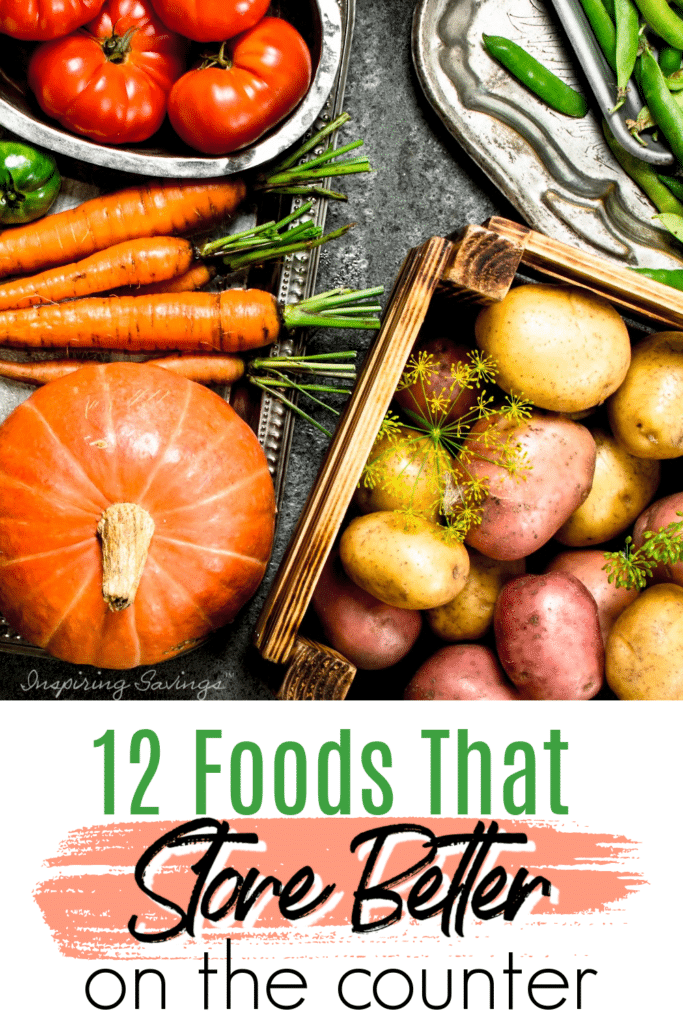
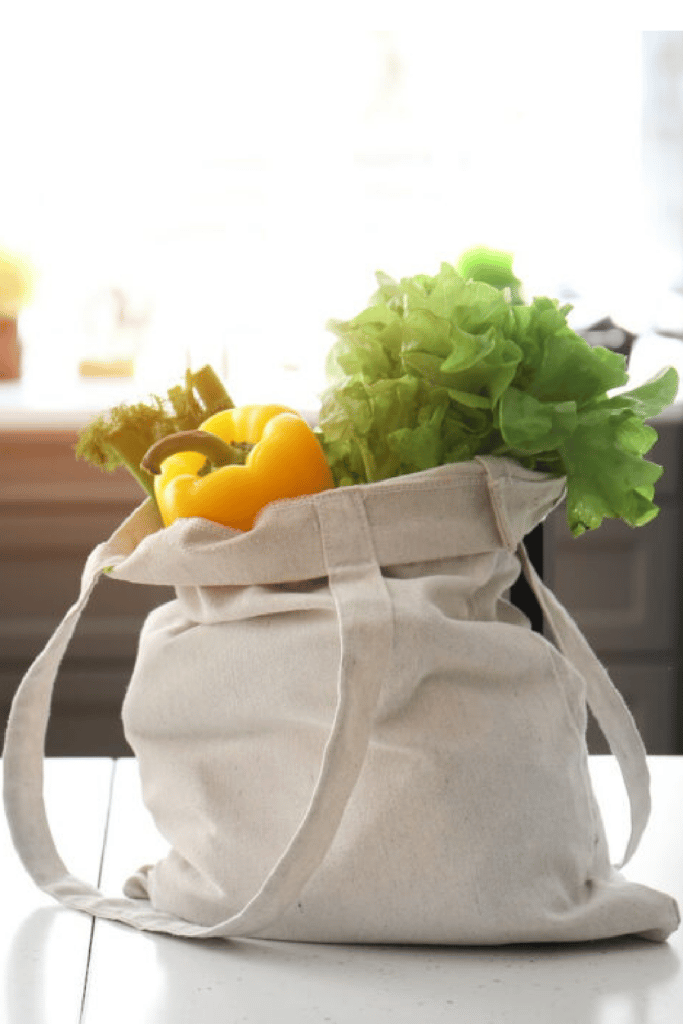
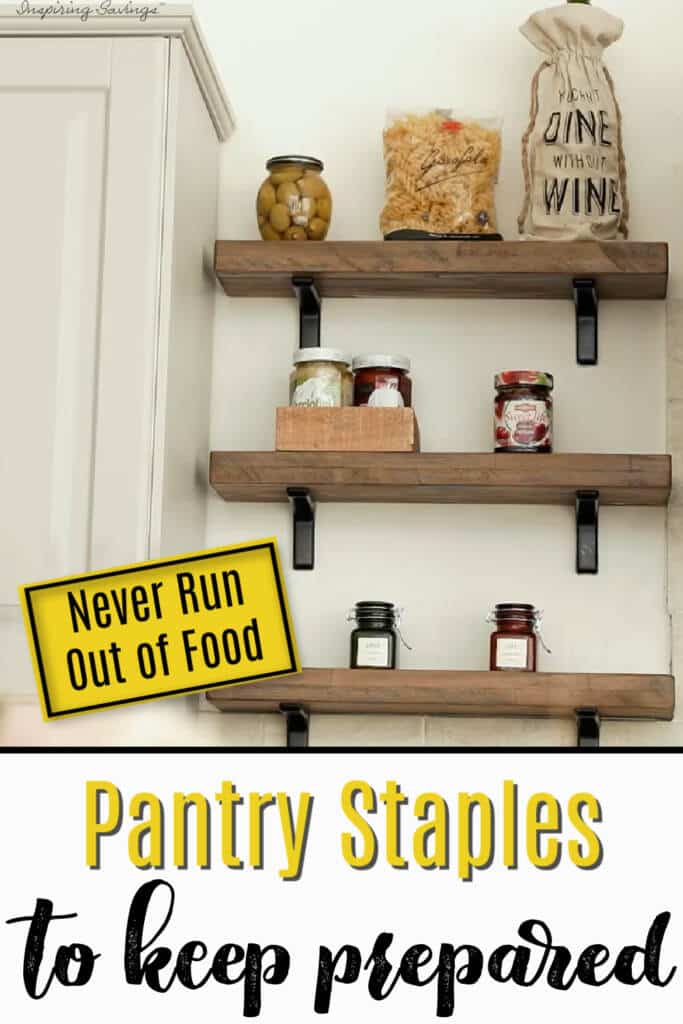

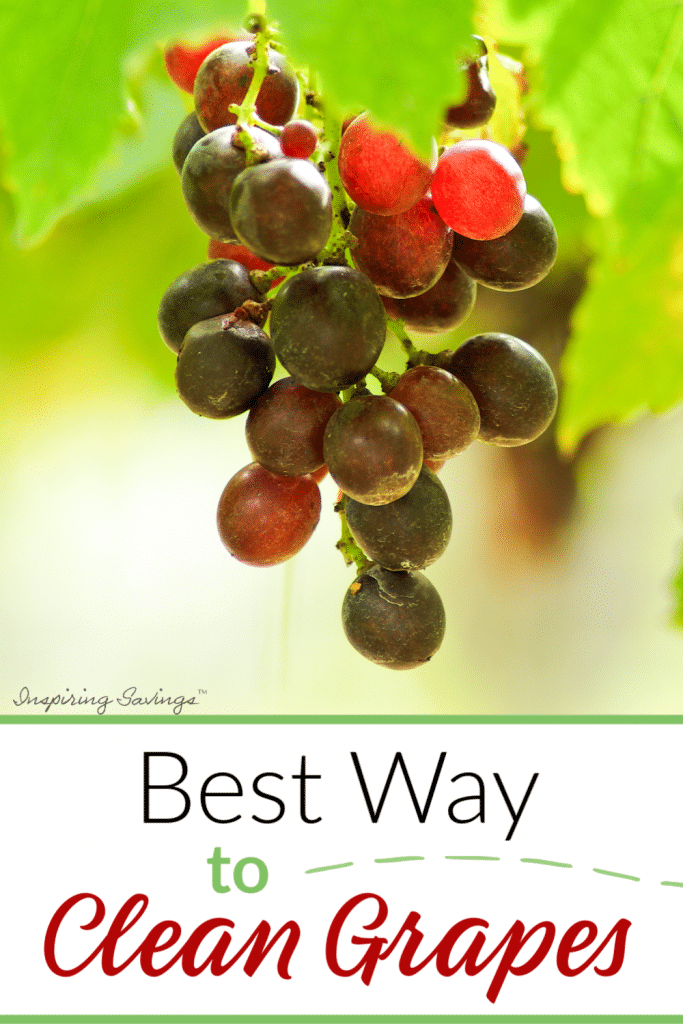


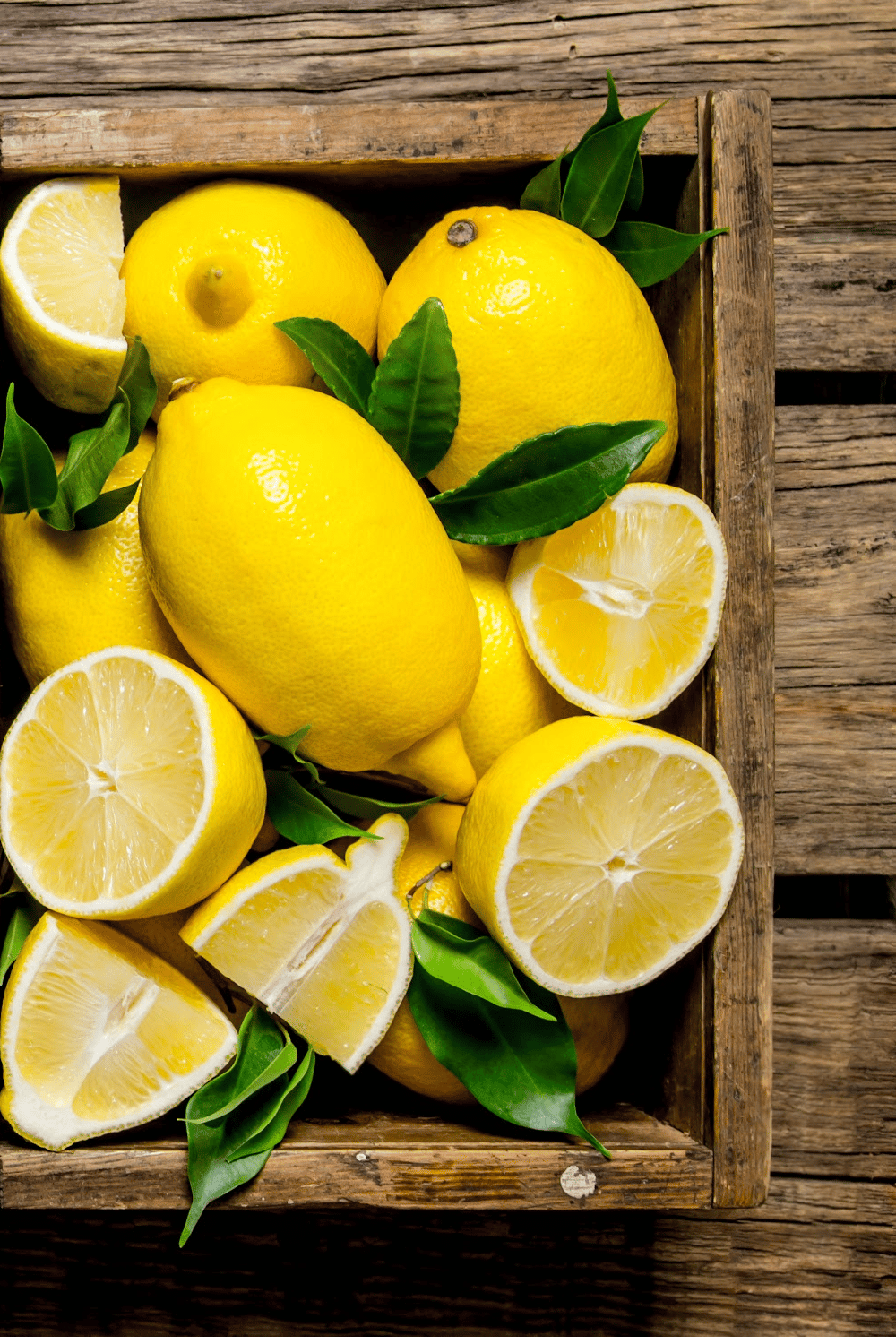
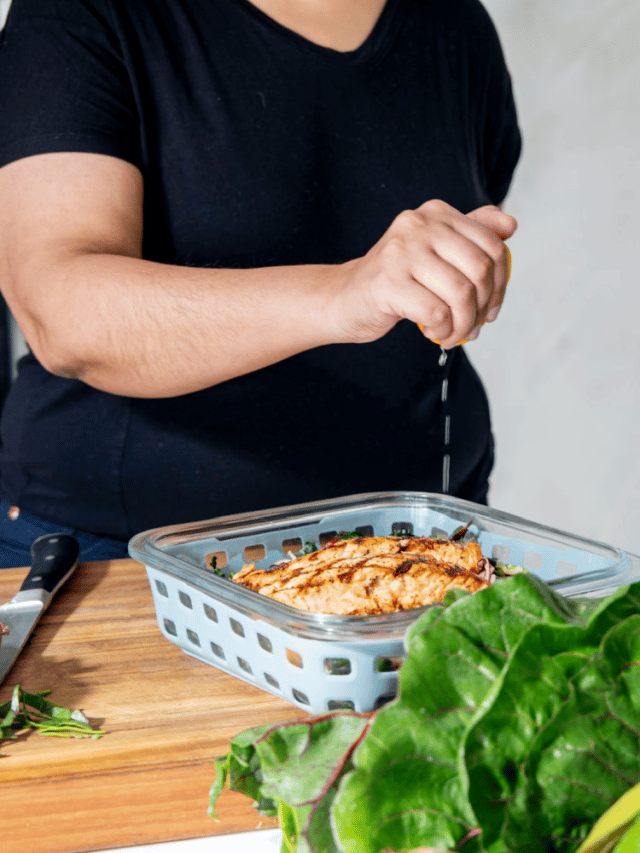
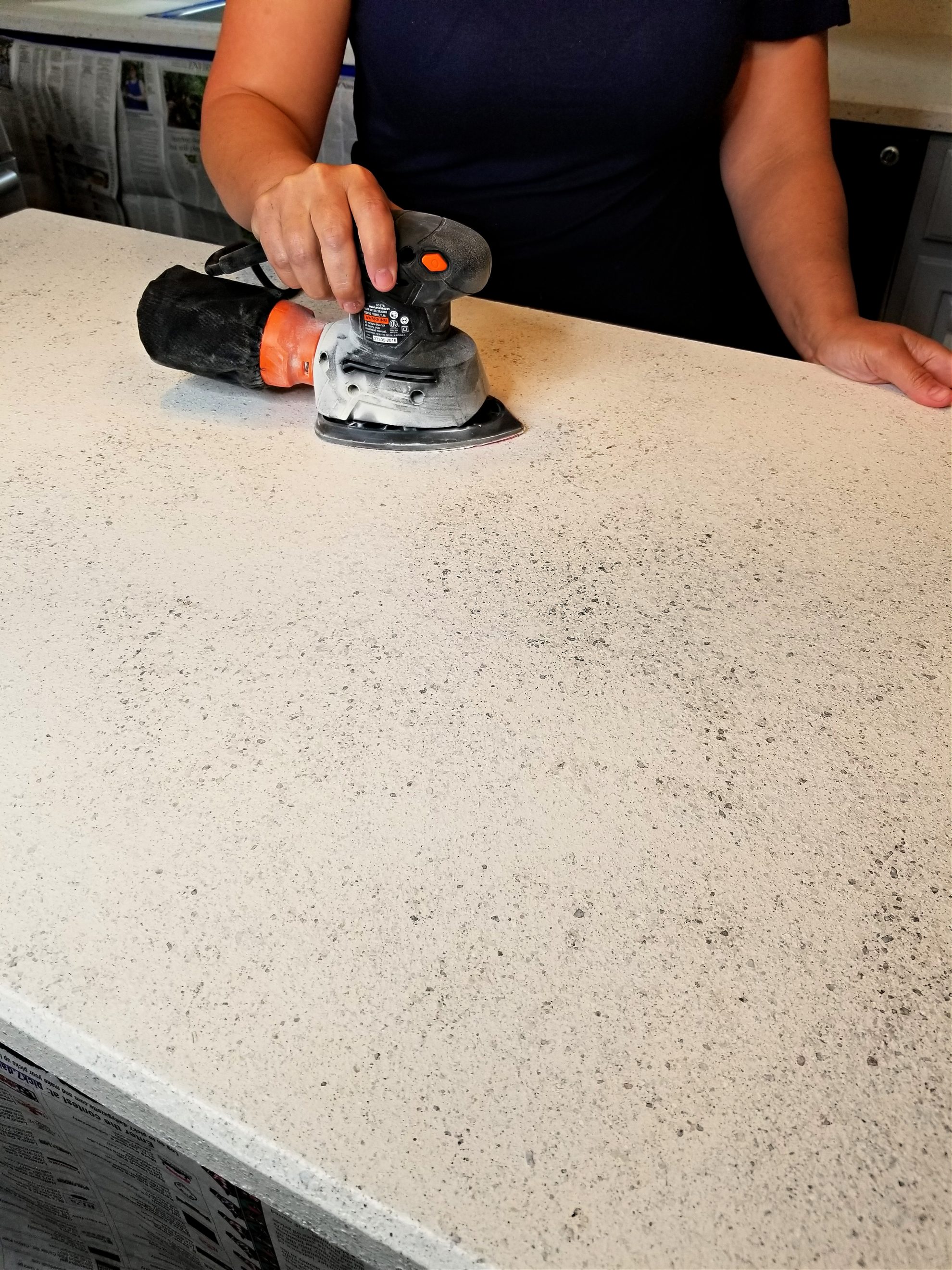
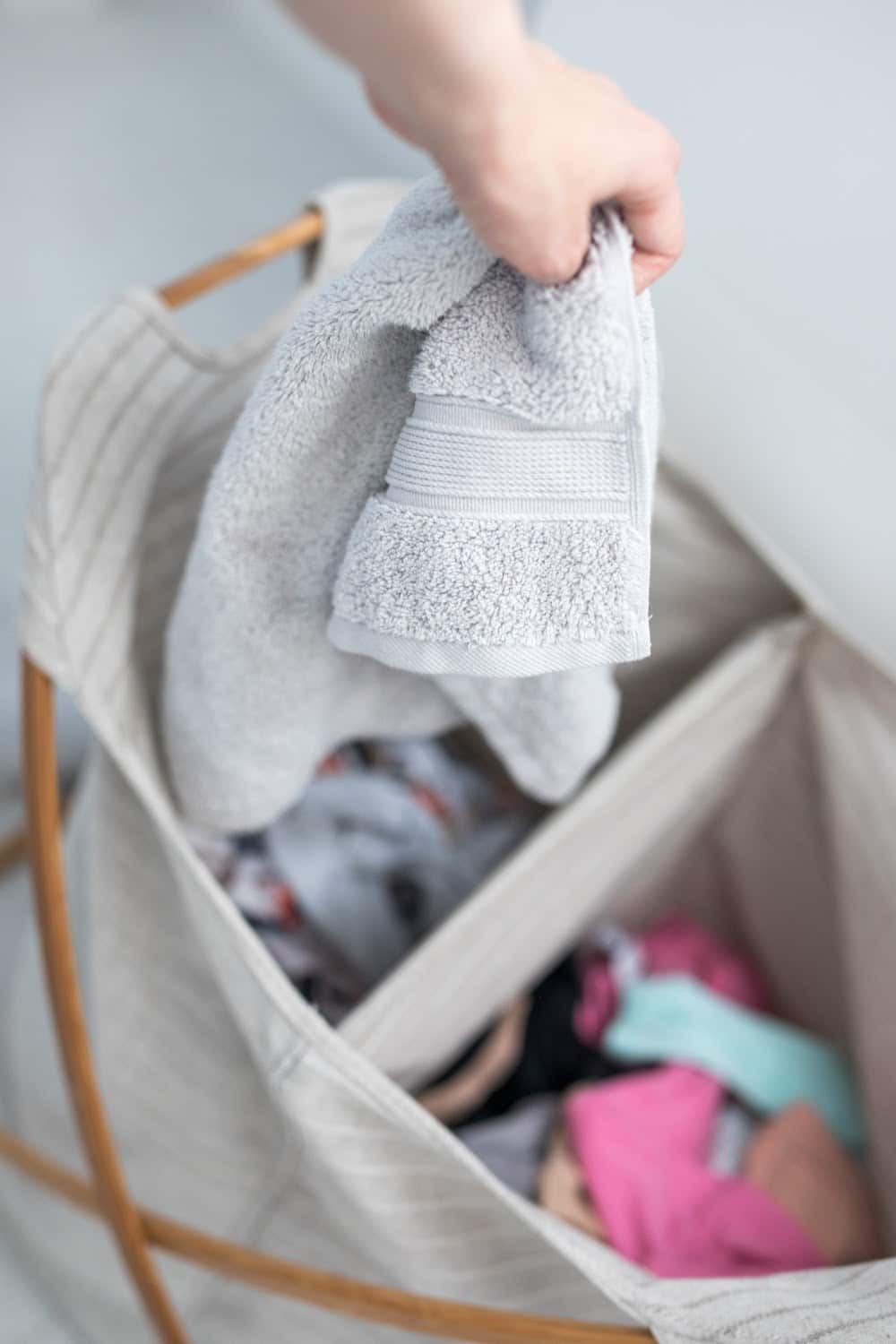

Oh oh! II got bad marks on cucumber, tomato and peppers, ooops!
Good post!
HA HA HA!!! With all our veggies from the garden I learned the hard way. Thank you